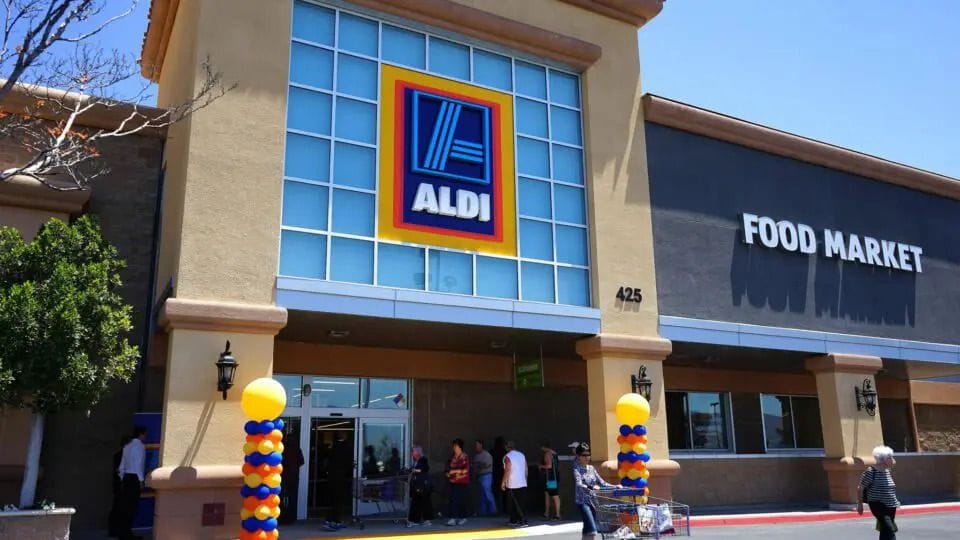Will digital price label roll-outs deliver dynamic pricing?

Aldi is rolling out electronic shelf edge labels (ESLs) across its entire estate in a move that will be a first in the UK and will improve efficiency in-store by freeing up employees from ticketing goods to instead focusing on customers.
Following a successful trial in 2021 the supermarket is now embarking on a full roll-out, which represents a notable move because pilots of the technology have been sporadically undertaken by all the major supermarkets in the UK over recent years but all have stalled. The latest is Lidl that is currently running a trial in a reported batch of 30 stores.
The decrease in the costs of ESLs, the increase in expenditure on labour, and the aims of reducing paper usage by retailers suggests an environment that increasingly suits the adoption of the technology.
The move by Aldi coincides with a similar initiative by Walmart that has been testing ESLs from SES-imagotag initially in two stores and has recently announced the roll-out of the technology to many more locations. The first phase will involve 500 US stores encompassing 60 million ESLs rolled-out over a 12 to 18-month period.
Bala Prasanna, VP of Walmart US, says: “Changing price shelf labels in stores is time intensive for our associates. We’ve been testing digital solutions that will help us manage these price changes electronically, allowing associates more time to do what matters most – helping our customers.”
As well as enabling shop-floor employees to focus on other tasks the other advantage of ESLs is the ability to swiftly change prices, which is especially advantageous for retailers during inflationary periods.
The potential for real-time changes in the pricing of products also represents an opportunity for retailers to introduce dynamic pricing whereby goods could be reduced or increased in price during the day according to various data points including stock levels, sell-by-dates and the weather.
However, this has long been a sensitive issue and has invariably led to push-back from many shoppers. This is certainly been felt in the US where Walmart has come under pressure from shoppers who claim the roll-out of the technology will make it much easier for the company to increase prices and result in overcharging.
The opportunities for retailers to utilise ESLs to undertake smart dynamic-type pricing within their stores is obvious but great care will have to be taken as there remains serious concerns from many consumers about the impact of such moves.
